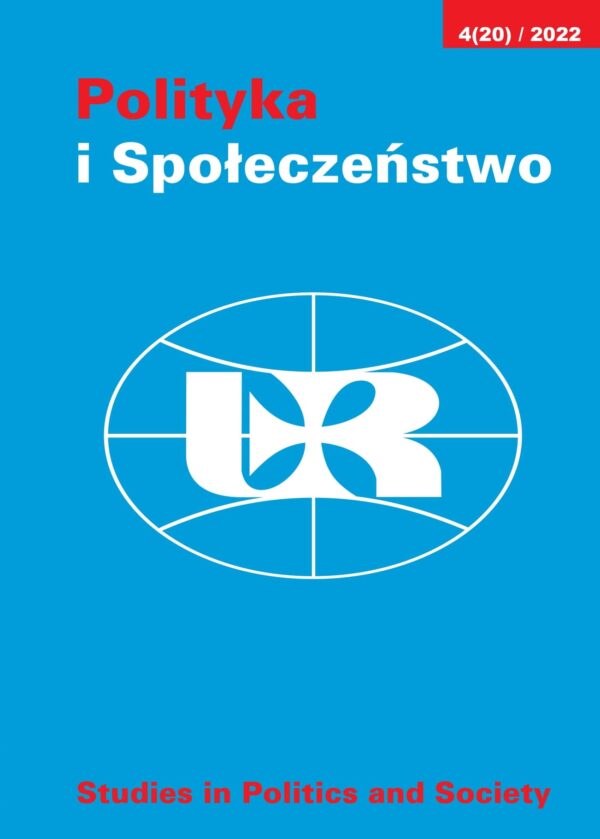The Hashemite Kingdom of Jordan in the confrontation with pan-Arab ideology (1946-1999). Studies on political stability of Arab monarchies
DOI:
https://doi.org/10.15584/polispol.2022.4.26Keywords:
monarchy, the Hashemite, pan-Arabism, Jordan, stabilityAbstract
Since early 1950s military coups were a frequent phenomenon in the Arab world. In consequence of that a lot of monarchies fell and they were replaced with republics. In fact, however, the politics became dominated by violence and the regimes quickly became oppressive dictatorships. The new governments made use of the pan-Arab ideology to legitimize their authority (which aimed at uniting Arabs from Morocco to Iraq). The small Hashemite Kingdom of Jordan became an important place of confrontation between the pan-Arab ideology and the monarchy, with its traditional legitimization of power. Since approximately 1948 until 1990s there was competition between parties and political movements opting for pan-Arabism or the court of the Hashemite. This resulted in severe political crises in 1956-1957, 1966 and 1991. The consequence of that was also the civil war of 1970. The Jordan monarchy succeeded in overcoming these crises and emerged victorious from the ideological struggle. The current monarchy maintained complete authority and recognition, while pan-Arabism underwent marginalization
Downloads
Published
How to Cite
Issue
Section
License
Copyright (c) 2023 Studies in Politics and Society

This work is licensed under a Creative Commons Attribution-ShareAlike 4.0 International License.


